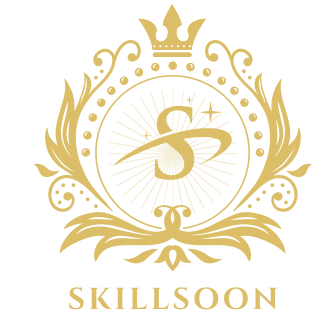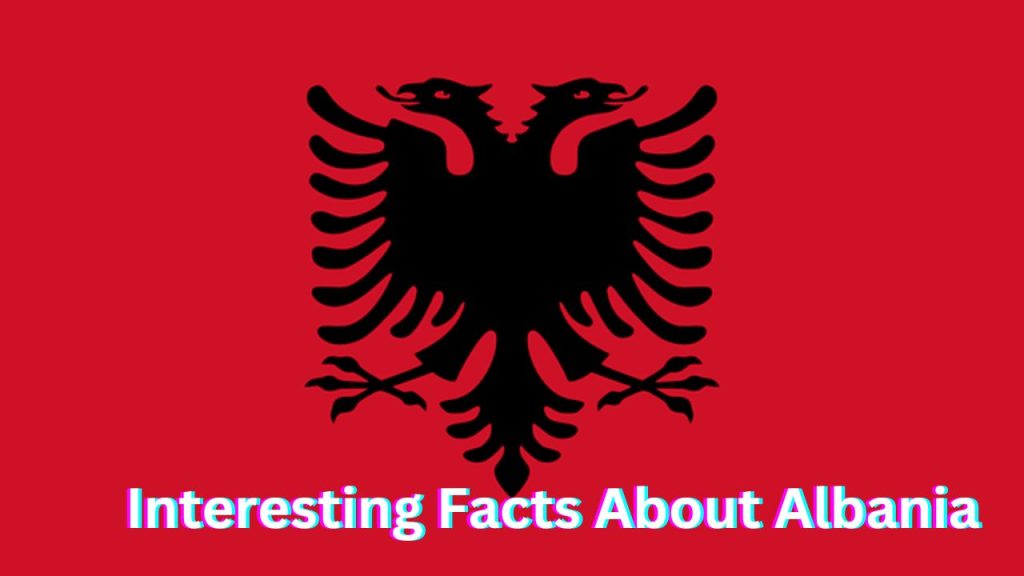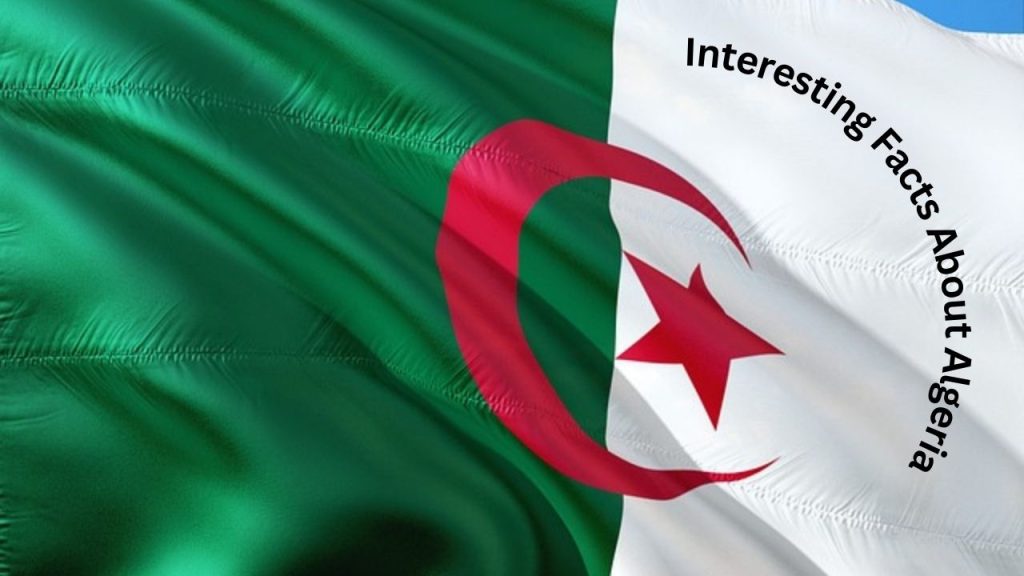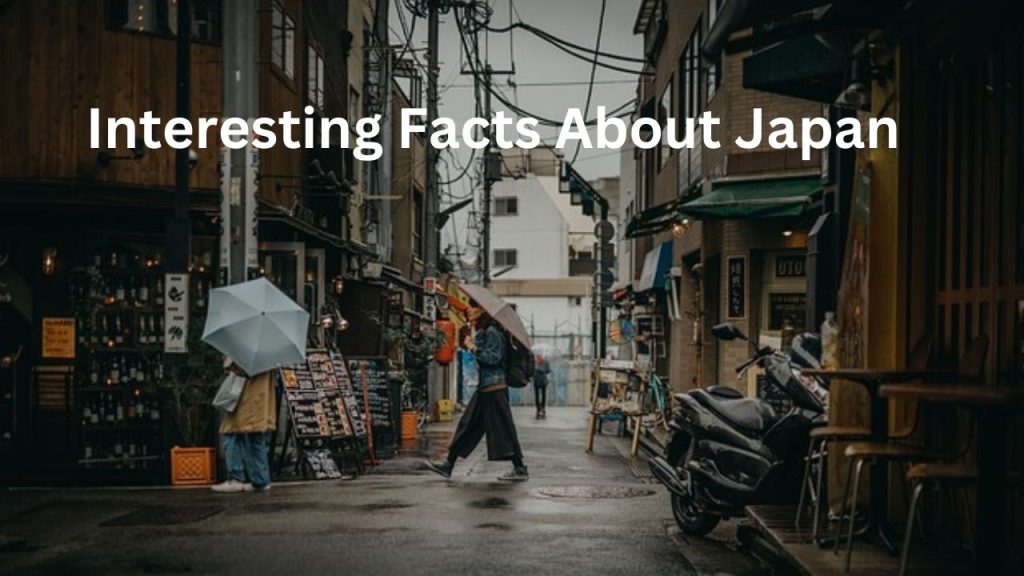Southeastern Europe’s Albania, sometimes referred to as the “Land of Eagles,” here I explore Interesting Facts About Albania like a varied culture, a long history, and stunning scenery. Albania offers many distinctive features and historical significance, while being one of Europe’s less visited travel locations. Let’s explore some fascinating facts about this amazing nation, from its historical foundations to its contemporary changes.
Interesting Facts About Albania:
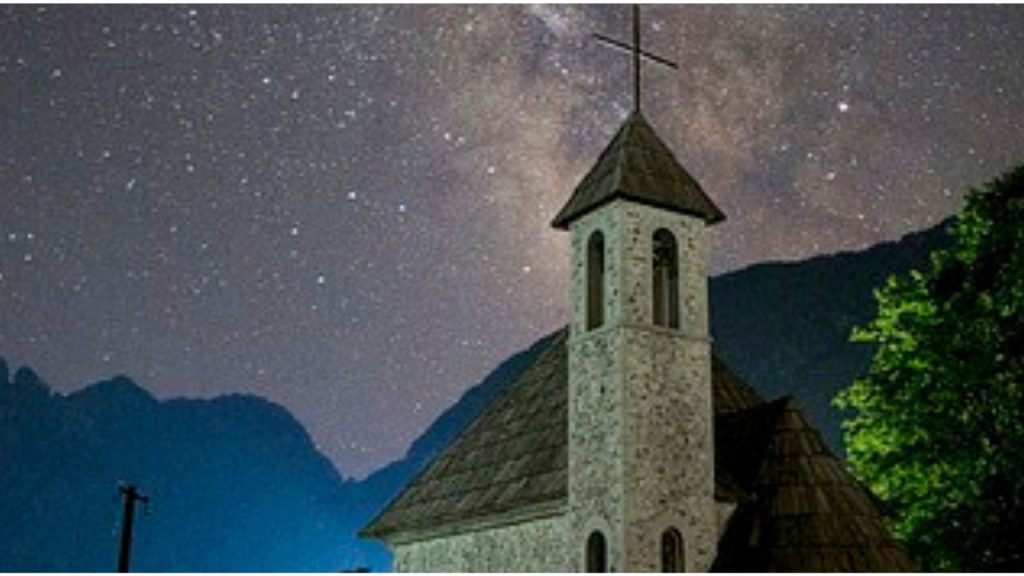
1. Albania’s Name in Albanian is “Shqipëri”
Locals in Albania refer to their nation as *Shqipëri* or *Shqipëria*, which means “Land of the Eagles.” The double-headed eagle, the nation’s emblem, is reflected in its name and is a significant component of the Albanian flag. The nation values power and independence, which the eagle represents.
2. One of Europe’s Oldest Inhabited Regions
According to archeological findings, Albania has been inhabited since the Paleolithic period. Among the first known settlers were the ancient tribes known as the Illyrians. Since many Albanians identify as descended from these ancient peoples, their impact can still be seen today.
3. A Long Ottoman Legacy
From the late 14th century until its declaration of independence in 1912, Albania was a member of the Ottoman Empire for about 500 years. The long Ottoman era had a profound effect on architecture and culture. Ottoman architecture may be seen in many mosques, including Tirana’s Et’hem Bey Mosque.
4. Albania’s Independence Day
In the city of Vlorë, Albania proclaimed its independence on **November 28, 1912**. Today, *Dita e Pavarësisë* (Independence Day) is observed as a national holiday every year. On this momentous day, the Albanian flag was first flown, with a black double-headed eagle and a vivid red background.
5. Enver Hoxha and Albania’s Communist Era
Enver Hoxha ruled Albania as a hardline communist from 1944 to 1985. The nation was cut off from both the Eastern and Western blocs during this period. Hoxha’s regime made Albania one of the most closed-off nations in the world by outlawing private property, religion, and outside influences.
Relics of this time period can still be seen today, such as the thousands of concrete bunkers dotted throughout the nation. During Hoxha’s reign, these bunkers were constructed as a line of defense against possible invasions that never materialized.
6. The Bunker Legacy
Speaking of bunkers, Albania is estimated to have around **173,000 bunkers** dotting its landscape. These small, dome-shaped structures were built as part of Enver Hoxha’s national defense strategy. While most of them are abandoned today, some have been repurposed into museums, cafes, and even art installations.
7. A Country of Contrasts in Religion
Albania is unique for its harmonious religious coexistence. The majority of Albanians identify as Muslims, primarily due to the Ottoman influence, but there are also significant Catholic and Orthodox Christian communities. Interestingly, during the communist era, Albania was declared the world’s first *atheist state*, with all forms of religion being officially banned. Today, Albanians pride themselves on religious tolerance and peaceful coexistence.
8. Home to Stunning UNESCO World Heritage Sites
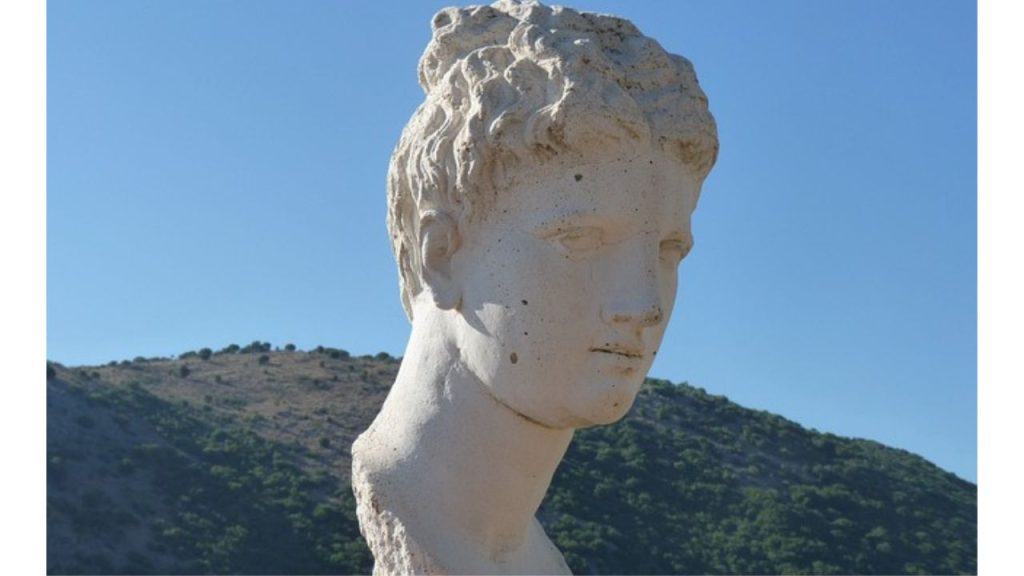
Albania boasts several UNESCO World Heritage Sites, each showcasing the country’s rich cultural and historical heritage.
– Butrint:
An ancient city with Greek, Roman, and Byzantine influences, Butrint is an archaeological treasure.
– Gjirokastër:
Known as the “City of Stone,” Gjirokastër features Ottoman-style architecture and a massive fortress overlooking the city.
– Berat:
Dubbed the “City of a Thousand Windows,” Berat is famous for its well-preserved Ottoman houses and medieval churches.
9. The Albanian Riviera: A Hidden Gem
The Albanian Riviera, stretching along the Ionian Sea, is one of Europe’s most beautiful coastlines. With crystal-clear waters, secluded beaches, and charming villages, the Riviera rivals popular Mediterranean destinations like Greece and Italy. Towns like Dhërmi, Himarë, and Ksamil have become increasingly popular among tourists seeking unspoiled beauty.
10. Albania’s Unique Language: Albanian (Shqip)
The Albanian language, *Shqip*, is one of the oldest in Europe and belongs to its own distinct branch of the Indo-European language family. It has two main dialects:
– **Gheg**, spoken in the north
– **Tosk**, spoken in the south (and the basis for the standard Albanian language).
Albanian is unlike any other European language, making it a linguistic treasure.
11. A Love for Traditional Folk Music and Dance
Albania has a rich tradition of folk music and dance, often performed during festivals and celebrations. The *Iso-polyphony*, a unique form of polyphonic singing, is a UNESCO-recognized cultural heritage. Traditional dances, such as the *Vallja e Shqiponjës* (Dance of the Eagles), are performed in colorful costumes that reflect Albania’s cultural diversity.
12. Mountains Cover Most of Albania
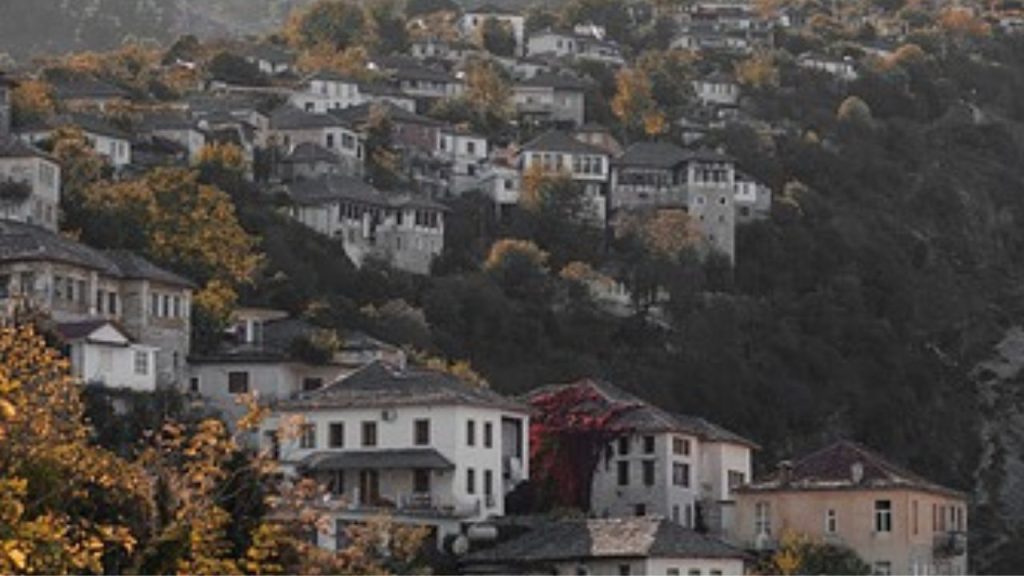
Approximately **70% of Albania** is mountainous, earning it the nickname “The Switzerland of the Balkans.” The Albanian Alps, also known as the Accursed Mountains (*Bjeshkët e Namuna*), are a popular destination for hikers and nature enthusiasts. With rugged peaks and deep valleys, these mountains offer some of Europe’s most breathtaking views.
13. Tirana: A Vibrant Capital City
Tirana, Albania’s capital, is a city of contrasts. It blends colorful post-communist architecture with historic landmarks and modern cafes. The Skanderbeg Square, named after Albania’s national hero, is the heart of the city. Nearby, you’ll find the National History Museum and the Pyramid of Tirana, a controversial structure built during the communist era.
14. Mother Teresa’s Albanian Roots
Mother Teresa, one of the most revered figures in modern history, was of Albanian descent. Born as Anjezë Gonxhe Bojaxhiu in Skopje (now in North Macedonia), she always identified strongly with her Albanian heritage. Today, Albanians celebrate her as a symbol of compassion and service.
15. A Thriving Tourism Industry
In recent years, Albania has emerged as a top travel destination. The country attracted over **6 million tourists** in 2023 alone, a significant increase from previous years. Travelers are drawn to Albania for its affordability, stunning landscapes, and rich history.
16. The Unique Tradition of Besa
The concept of *Besa* is a cornerstone of Albanian culture. It translates to “word of honor” or “pledge.” Albanians are known for their hospitality and their commitment to keeping promises. During World War II, many Albanians risked their lives to shelter Jewish families, guided by their unwavering sense of *Besa*.
17. The Curious Driving Style
Driving in Albania can be an adventure in itself. The country has a reputation for chaotic traffic, and road conditions can vary greatly. However, improvements in infrastructure are making travel easier, especially along major routes.
18. Raki: Albania’s National Drink
Albania’s national beverage is raki, a potent alcoholic beverage produced from grapes or other fruits. It is frequently served with traditional Albanian cuisine and is a mainstay at social events. As a sign of hospitality, guests are often asked to share a glass.
19. Albania Was a Hermit Kingdom
Albania was one of the world’s most isolated nations under Enver Hoxha’s communist reign. Albania had few allies when the leadership severed relations with China and the Soviet Union. The development of the country was greatly influenced by this time of isolation.
20. An Emerging Economy
Albania has made significant strides in economic growth since the fall of communism. Agriculture remains an essential part of the economy, with olives, citrus fruits, and herbs among the main exports. The tourism and energy sectors are also growing rapidly, positioning Albania as an emerging player in the region.
21. Skanderbeg: The National Hero
Gjergj Kastrioti Skanderbeg, a 15th-century military leader, is celebrated as Albania’s national hero. He successfully resisted the Ottoman Empire for over two decades, earning a reputation as a fierce defender of Albanian independence. Skanderbeg’s legacy is honored with monuments, museums, and even a mountain named after him.
22. The Blue Eye: A Natural Wonder
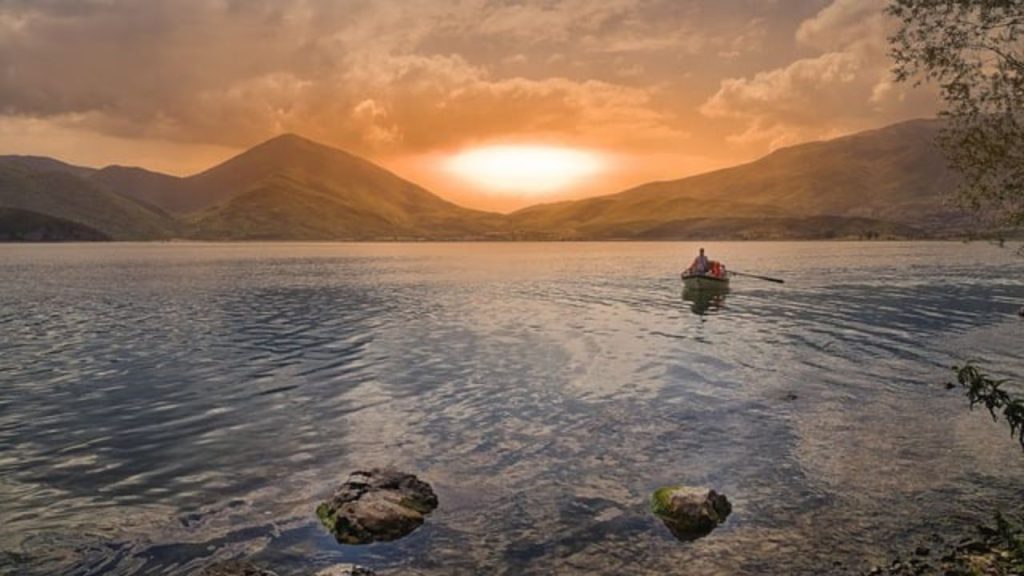
The *Blue Eye* (*Syri i Kaltër*) is a stunning natural spring in southern Albania. Its crystal-clear waters create a mesmerizing effect, resembling a blue eye. The spring is over 50 meters deep and is one of Albania’s most popular tourist attractions.
23. No McDonald’s Here
Albania is one of the few countries in Europe without a McDonald’s. Instead, local fast-food options and traditional restaurants dominate the culinary scene. This is a testament to Albania’s preference for authentic, homegrown flavors.
24. Kanun: Albania’s Ancient Code of Law
A collection of customary Albanian rules that go back to the fifteenth century is known as the *Kanun*. Its values, such honor and hospitality, are still relevant in Albanian society even though they are rarely upheld nowadays.
25. Albanians Love Coffee
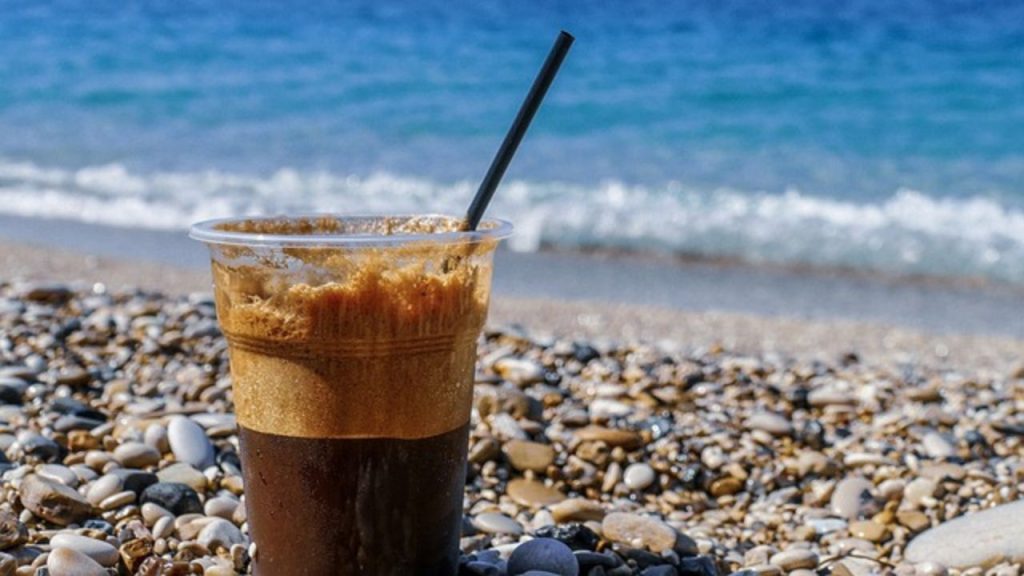
Albania ranks among the top coffee-consuming nations in the world. Cafes are an integral part of daily life, and locals take their coffee culture seriously. Espresso and Turkish coffee are the most popular choices.
Conclusion
The history, culture, and natural beauty of Albania are abundant. Albania has a fascinating history that is worth discovering, from its ancient origins and turbulent past to its dynamic present. Hope you like all these interesting facts about Albania. Everyone who visits Albania is left with a lasting impression, whether it is from the stunning scenery, the kind people, or the distinctive customs. Albania has to be at the top of your list if you’re searching for a lesser-known location with a plethora of fascinating information to discover.
